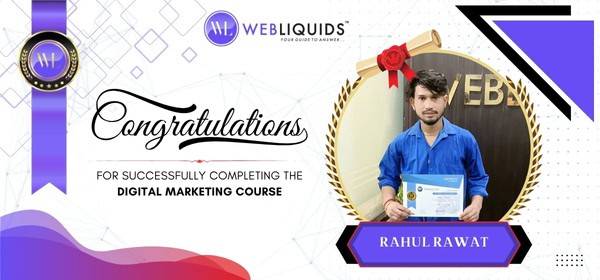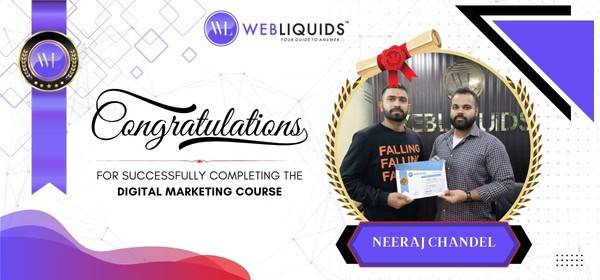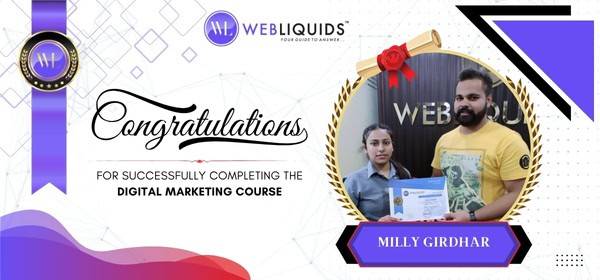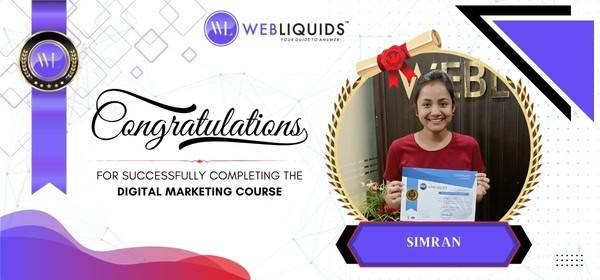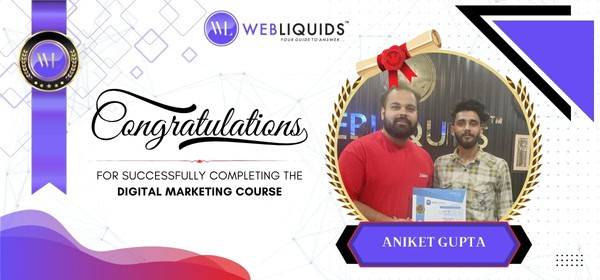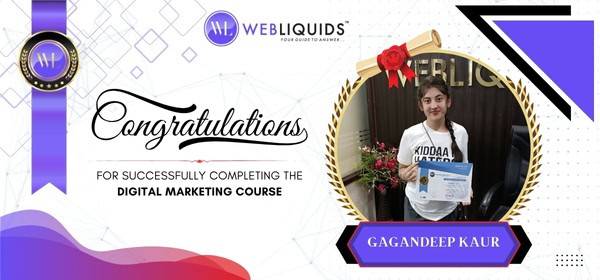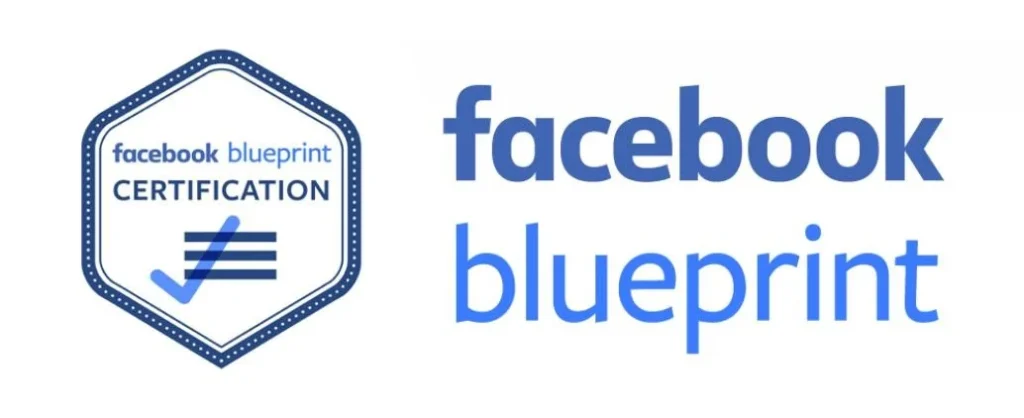Unlocking SMO Potential: The Importance of Social Media Optimization

Unlocking SMO Potential: The Importance of Social Media Optimization
In today’s digital age, having a strong online presence is not just a requirement for businesses; it’s a valuable skill for individuals, particularly students. Social Media Optimization (SMO) has emerged as a crucial component of Search Engine Optimization (SEO), playing a pivotal role in shaping a brand’s or individual’s digital footprint. For students, mastering SMO can unlock significant opportunities, enhancing their personal branding and employability.
This blog explores the intersection of SEO and SMO, focusing on why social media optimization is essential for students and how they can leverage it to their advantage.
Understanding Social Media Optimization (SMO)
Social Media Optimization refers to the process of enhancing your social media profiles and activity to increase visibility and engagement. SMO goes beyond just creating posts; it involves a strategic approach to:
- Optimizing profiles: Ensuring profiles are complete, professional, and keyword-rich.
- Creating shareable content: Designing engaging posts that encourage interaction.
- Building a network: Connecting with influencers and communities in your field.
- Analyzing metrics: Tracking performance and refining strategies based on data.
SMO acts as a bridge to SEO by driving traffic, increasing backlinks, and boosting search engine rankings.
Why is SMO Important for Students?
1. Building a Personal Brand
In an era where employers often look up candidates online, having a well-optimized social media presence can serve as a digital resume. SMO allows students to showcase their skills, projects, and interests effectively.
- LinkedIn profiles can highlight achievements.
- Instagram and Pinterest can serve as creative portfolios.
- Twitter and Medium can demonstrate thought leadership through insightful posts and articles.
2. Enhancing Employability
Companies today value candidates who understand digital trends. By demonstrating a grasp of SMO, students can stand out in competitive job markets. Skills in social media management and optimization are particularly sought after in fields like marketing, PR, and communications.
3. Expanding Professional Networks
Through platforms like LinkedIn, students can connect with industry professionals and peers. A well-optimized profile increases visibility and attracts potential mentors, collaborators, or recruiters.
4. Driving Traffic to Personal Projects
For students running blogs, YouTube channels, or other creative ventures, SMO can significantly increase traffic. Sharing optimized content on social media can improve engagement and build a loyal audience.
5. Boosting SEO Efforts
Search engines consider social signals—likes, shares, comments—as indicators of content quality. A strong SMO strategy can enhance a website’s SEO performance by:
- Increasing backlinks from social platforms.
- Driving direct traffic to the site.
- Enhancing content’s credibility.
Key Strategies for Effective SMO
1. Optimize Your Profiles
Every social media platform offers opportunities to optimize profiles. Here’s how students can make the most of it:
- Profile Picture: Use a professional headshot.
- Bio/Description: Include keywords relevant to your skills or industry.
- Links: Add links to your portfolio, blog, or LinkedIn profile.
- Consistency: Maintain uniform branding across all platforms.
2. Create High-Quality Content
Content is the backbone of SMO. Students should focus on:
- Relevance: Post content that aligns with their career goals.
- Value: Share tips, insights, and educational resources.
- Variety: Mix text posts, images, videos, and infographics.
3. Engage Actively
Interaction is key to building a presence on social media. Students can:
- Join groups or forums related to their industry.
- Comment on and share others’ posts to build connections.
- Respond promptly to messages and comments.
4. Leverage Hashtags and Keywords
Hashtags and keywords make content discoverable. Use tools like Google Keyword Planner or Hashtagify to identify trending terms. Avoid overstuffing and focus on relevance.
5. Utilize Analytics Tools
Platforms like Facebook Insights, Twitter Analytics, and LinkedIn Analytics offer valuable data on audience behavior. Students can use these insights to:
- Identify what type of content performs best.
- Determine the best times to post.
- Refine their strategies.
6. Collaborate with Peers and Influencers
Collaborations can significantly boost reach. Students can:
- Partner with classmates on joint projects or campaigns.
- Engage with influencers in their field to gain visibility.
7. Stay Updated with Trends
Social media is dynamic, with trends evolving constantly. Students should:
- Follow industry blogs and news.
- Experiment with new features like Instagram Reels or LinkedIn Stories.
Challenges Students May Face in SMO
While SMO offers numerous benefits, it’s not without challenges. Common hurdles include:
- Time Management: Balancing studies with maintaining an active social media presence.
Students can create a content calendar to schedule posts in advance, ensuring consistent activity without compromising on academic commitments.
- Content Creation: Consistently creating engaging and high-quality content.
Repurposing existing content into different formats, like turning a blog post into a short video or infographic, can ease the content creation process.
- Algorithm Changes: Adapting to frequent updates in platform algorithms.
Following social media platform updates and industry news can help students adjust strategies proactively.
- Negative Feedback: Handling criticism or negative comments constructively.
Approach negative feedback professionally by addressing concerns politely or using it as an opportunity for improvement.
- Keeping Up With Trends: Staying relevant in the fast-paced world of social media.
Allocate time weekly to research trending topics, hashtags, and new platform features.
Tools to Simplify SMO for Students
Several tools can help students streamline their SMO efforts:
- Canva: For creating professional graphics and templates tailored for social media platforms.
- Hootsuite: For scheduling posts across multiple social media accounts and tracking engagement metrics.
- BuzzSumo: For discovering trending topics and analyzing popular content within specific industries.
- Google Trends: For staying updated on trending topics and identifying regional or global interest in keywords.
- Buffer: For managing multiple platforms simultaneously and analyzing post performance.
- Later: For visually planning and scheduling Instagram posts and Stories.
- Sprout Social: For social media management, analytics, and customer relationship management.
- Trello: For organizing content calendars and collaborating with team members on SMO strategies.
FAQs:
How can I use social media to find research papers and academic articles?
Follow academic journals, researchers, and universities on Twitter and LinkedIn. Utilize relevant hashtags to discover relevant content.
How can I use social media to connect with potential employers?
Optimize your LinkedIn profile, engage with industry professionals, and join relevant industry groups.
What are some common social media mistakes that students should avoid?
Posting inappropriate content, neglecting privacy settings, and oversharing personal information.
How can I measure the success of my SMO efforts?
Track key metrics such as follower growth, engagement rates, website traffic, and job inquiries.
How can I stay updated with the latest social media trends?
Follow social media marketing blogs, attend industry webinars, and engage with social media marketing experts.
Can social media help me find scholarships and internships?
Yes, many organizations utilize social media to advertise scholarship opportunities and internship programs.
How can I build a strong personal brand on social media?
Share your expertise, engage with your audience, and consistently create high-quality content that showcases your skills and interests.
Ready to Master Digital Marketing? Sign Up Today!
Inspiring Job Placement Success Stories

Our Achievers Ready to Lead the Industry
